The ancient Egyptian civilization is renowned for its rich history, monumental architecture, and enigmatic rulers known as pharaohs. These...
1. The Birth of Pharaohs
Pharaohs were more than just kings; they were seen as the earthly manifestations of gods, particularly the god Horus. The concept of pharaohs dates back to the Early Dynastic Period (c. 3100–2686 BCE) when Upper and Lower Egypt were united under the rule of Narmer, considered the first pharaoh. This marked the beginning of a lineage that would span thousands of years.
2. The Pharaoh's Role
The pharaohs' roles encompassed religious, political, and administrative duties. They were believed to mediate between the gods and the people, responsible for maintaining cosmic balance and ensuring the annual flooding of the Nile, which was vital for agriculture. Additionally, they oversaw the construction of monumental structures such as pyramids and temples.
3. The Great Pyramids and Tombs
The pharaohs are perhaps best known for the grand pyramids they commissioned as their eternal resting places. The Great Pyramid of Giza, built for Pharaoh Khufu, stands as one of the Seven Wonders of the Ancient World. These architectural marvels not only showcased the might of the pharaohs but also their belief in the afterlife.
4. The Mystical Afterlife
The ancient Egyptians held a deep belief in the afterlife. Pharaohs were buried with vast treasures, servants, and even pets to accompany them into the next world. Elaborate rituals were performed to ensure their safe passage, and detailed hieroglyphs inscribed within tombs provided instructions for the journey.
5. Iconic Pharaohs
Throughout ancient Egyptian history, numerous pharaohs left an indelible mark on their civilization. Tutankhamun, the "Boy King," is famous for his nearly intact tomb discovery in the early 20th century. Ramses II, also known as Ramses the Great, is celebrated for his military campaigns and extensive building projects. Hatshepsut, one of the few female pharaohs, ruled with strength and diplomacy, solidifying her place in history.
6. The Decline of Pharaohs
The New Kingdom (c. 1550–1070 BCE) marked the zenith of ancient Egyptian civilization. However, over time, external pressures, such as invasions and foreign rule, began to weaken the pharaoh's power. The last native pharaoh, Nectanebo II, ruled during the late period before Alexander the Great's conquest.
7. Legacy of the Pharaohs
Despite their decline, the legacy of the ancient Egyptian pharaohs endures. Their monumental architecture, intricate art, and religious beliefs continue to captivate and inspire people around the world. Egyptology, the study of ancient Egypt, remains a thriving field of research and exploration.





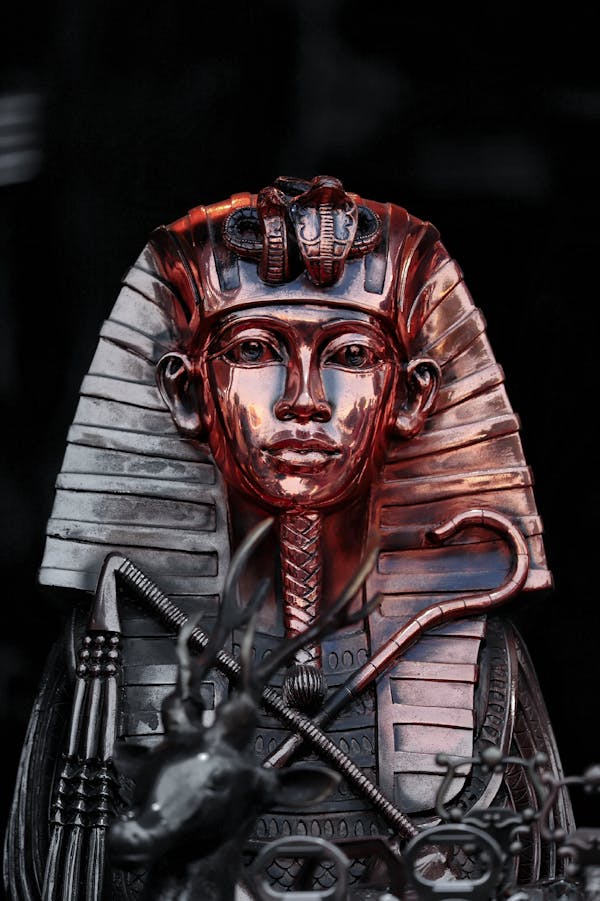
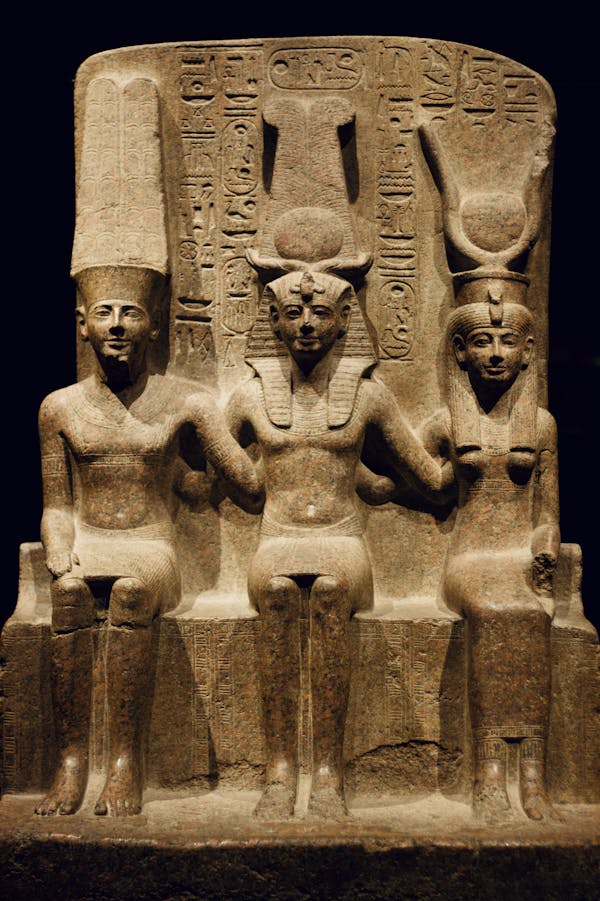
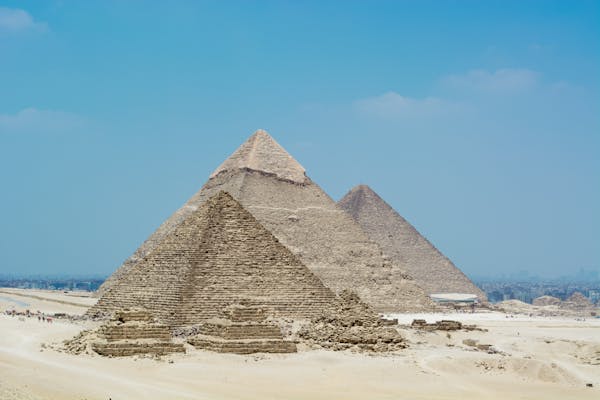
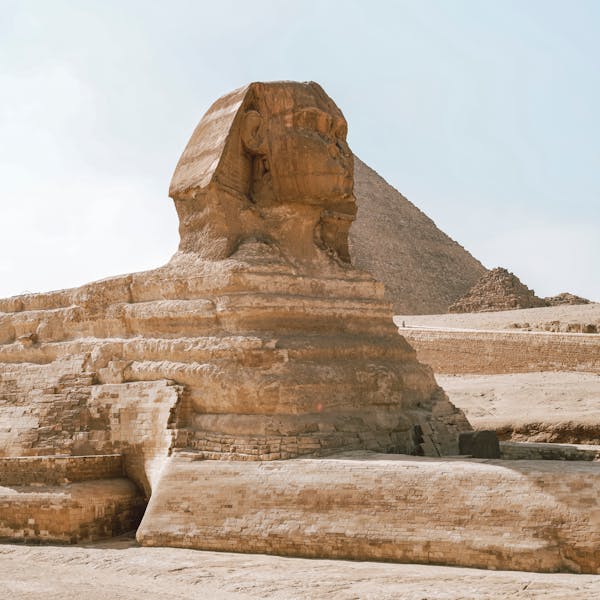
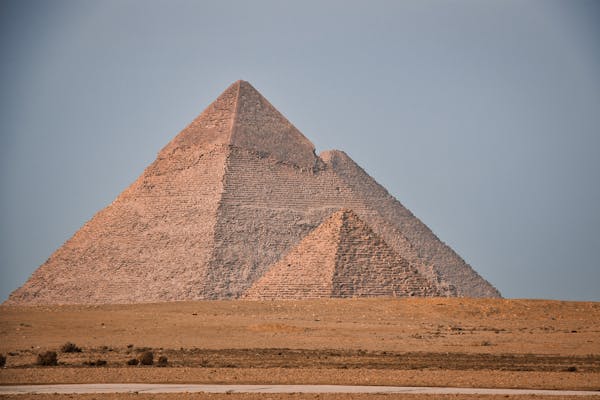
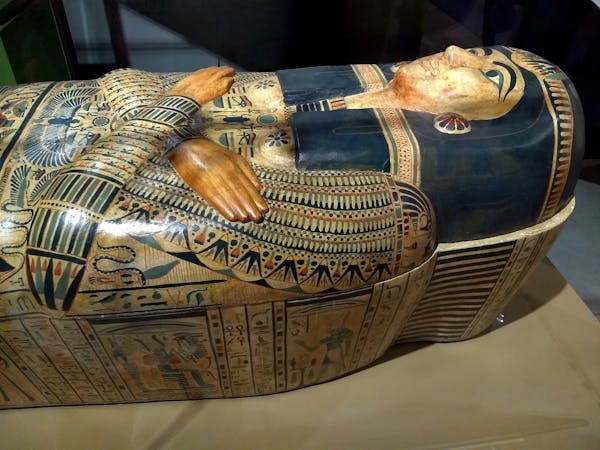
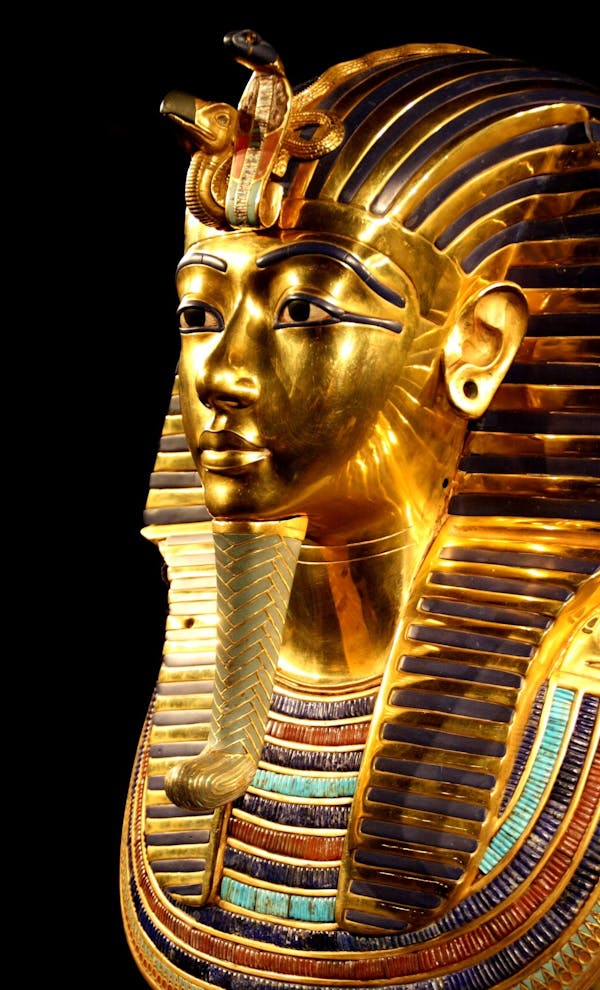

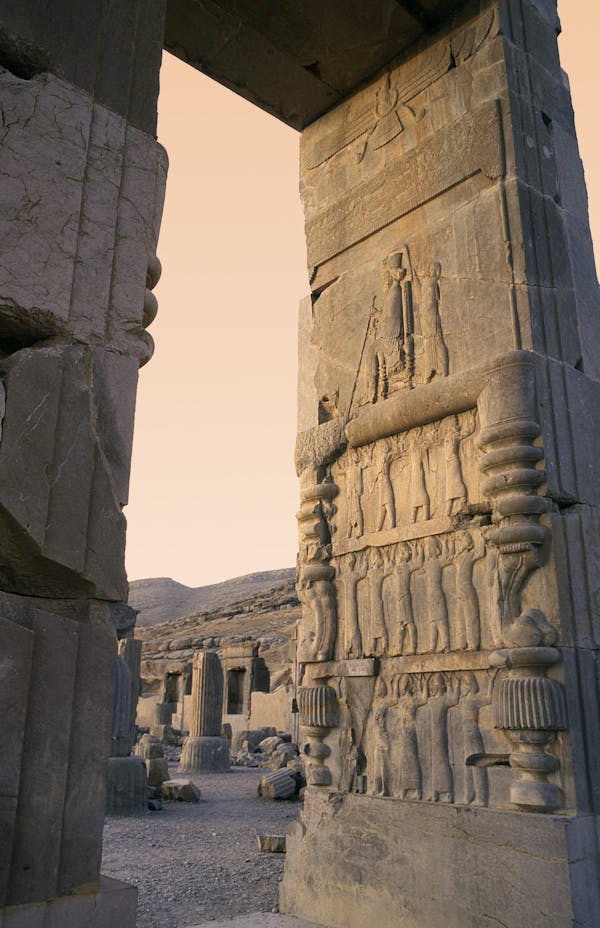
COMMENTS